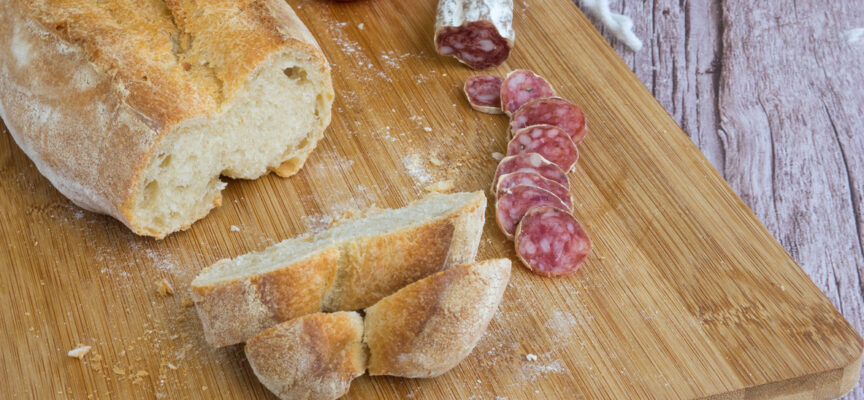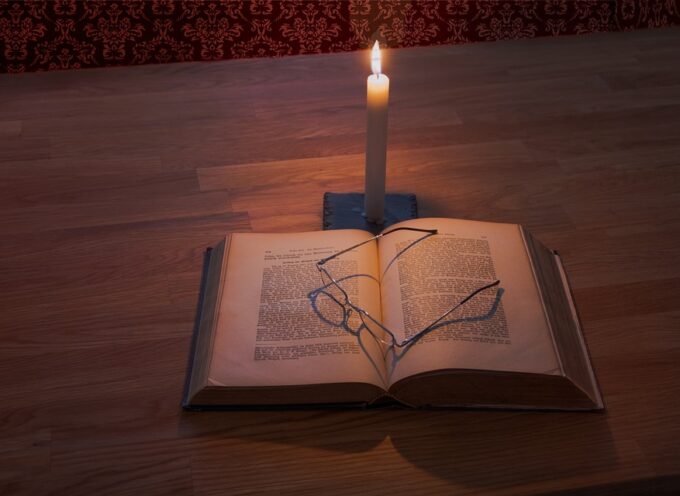After having opened our prayer by expressing our longing for God’s kingdom and honoring his promise to restore the world, we are now ready to ask him to provide for our needs This is the third line of the Lord’s Prayer: “Give us this day our daily bread.” In this time between Christ’s first and second coming, we must remember to live one day at a time, each day awaking with the intention to “do the next right thing,” by approaching the day’s tasks with his Kingdom in mind, and to trusting God with the outcomes.
One of the dangers, of course, is that we skip through the part about God’s kingdom so that we can ask God for what we really want: our own urgent wants. But when we focus too quickly on what we want or think that we need for ourselves, we are being greedy. Thus, we must be careful to make our personal requests within the framework of genuinely desiring God’s will.
Having said that, there is nothing wrong—and everything right—with asking God to provide for our daily needs. It is his will to provide our daily needs and sometimes also to provide for our “wants.” Consider that Jesus instructed his disciples, “Therefore do not worry about tomorrow, for tomorrow will worry about itself. Each day has enough trouble of its own” (Mt 6:34). In other words, even though we are wise to plan for the future, we are foolish to worry about the future.
Once we form the habit of living one day at a time, we are liberated to enjoy God’s provision each day, one moment at a time. Consider the life of Jesus. He lived gratefully, enjoying his Father’s good provision, eating and drinking and fellowshipping his way through the gospels. He enjoyed the good gifts of food, drink, and friendship as ways of looking forward to future feasting in the consummated Kingdom.
Yet, we cannot be seduced by the temptation to enjoy God’s provision daily without recognizing that it is God who is actively providing for us. The Lord’s Prayer reminds us that, ultimately, everything we receive comes from the hand of God. We should recognize this and trust in him for our needs, one day at a time.
The Lord’s Prayer reminds us of the Lord’s Supper. While the Lord’s Prayer articulates in words Jesus’ life and work, the Lord’s Supper displays in action the same thing. When we partake of the bread and wine, together with our church, we are declaring Christ’s lordship over his coming kingdom, and we are praying for his will to be done in our lives.
How will God our Father enact this truth in our lives, personally? If we recite this prayer meaningfully, once or twice per day, we soon will experience a lessening of our anxiety. As the Serenity Prayer encourages, we will have the serenity to accept the things we cannot change (i.e. we cannot change the past or future, or other people), the courage to change the things we can, and the wisdom to know the difference. Thus, we can do “the next right thing” each day, while praying that God will provide for our needs. This is a wonderfully liberating way to live.
How will our Father enact this in our public lives? He will help us resist the temptation to be a part of social and political movements that are built unhealthily on discontentment. He will give us the compassion and willingness to participate in his provision for people who have less than us, perhaps by giving sacrificially to charities or helping out a financially disadvantaged person we know. Thus, our desire for God to provide our daily bread builds both contentment and compassion in our hearts, which will overflow into our public lives.
Each day, therefore, we are well-served to entreat God by saying, “Give us this day our daily bread.” It is he, ultimately provides any good thing we receive. It is he, our Father, to whom we owe gratitude. And it is he, our Father-King, who will one day return to make all things right.
Subscribe
Never miss a post! Have all new posts delivered straight to your inbox.







